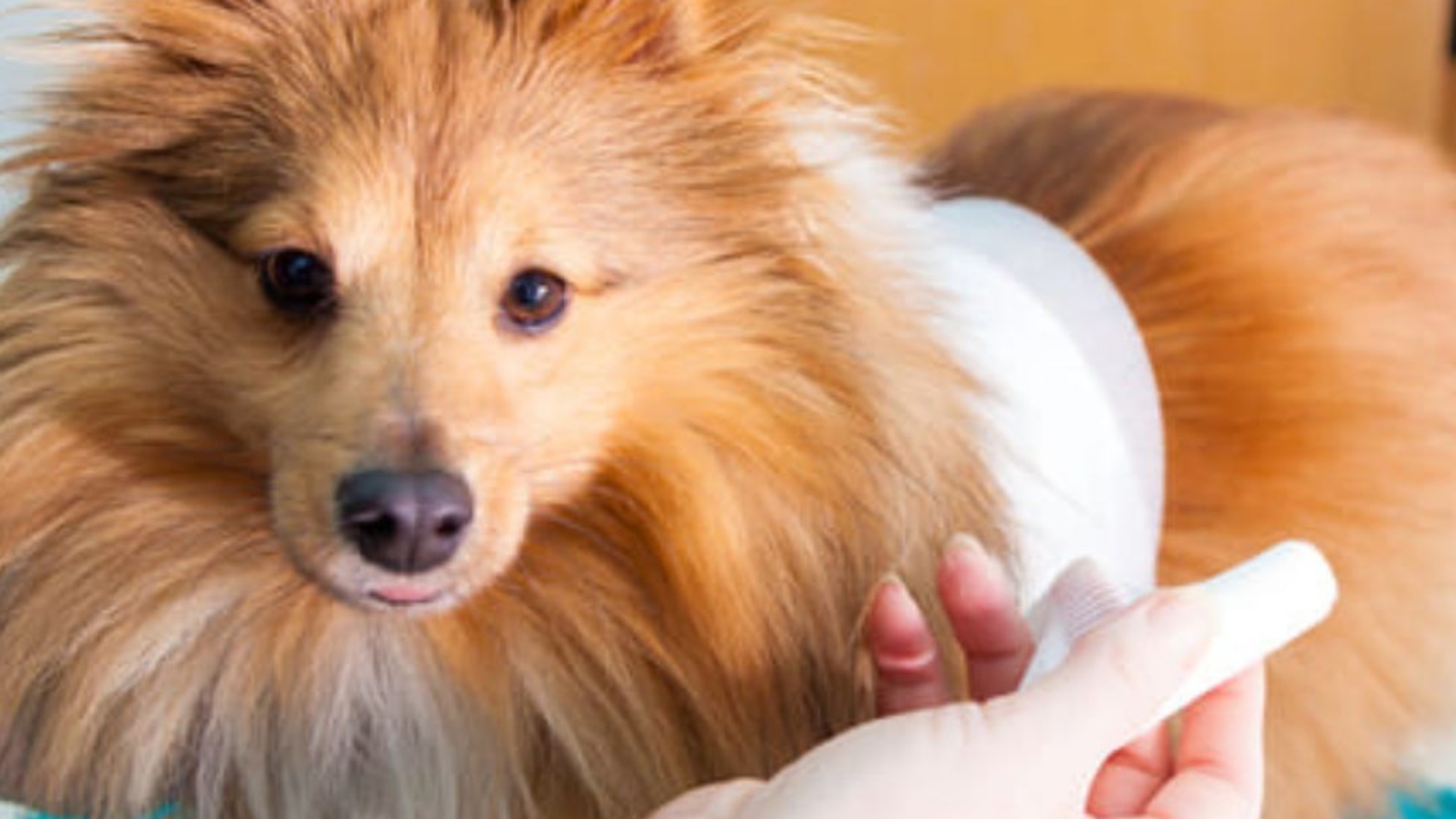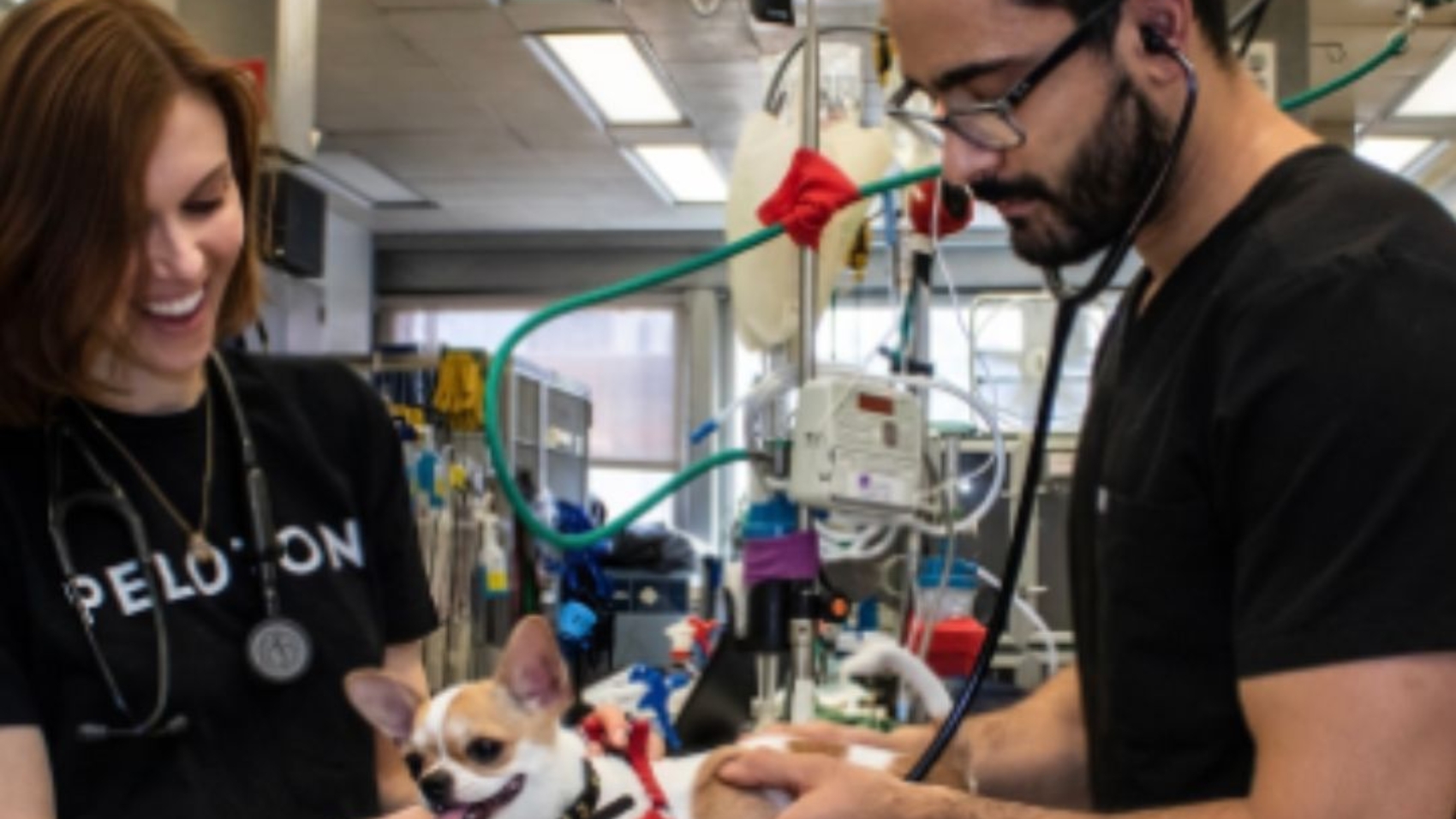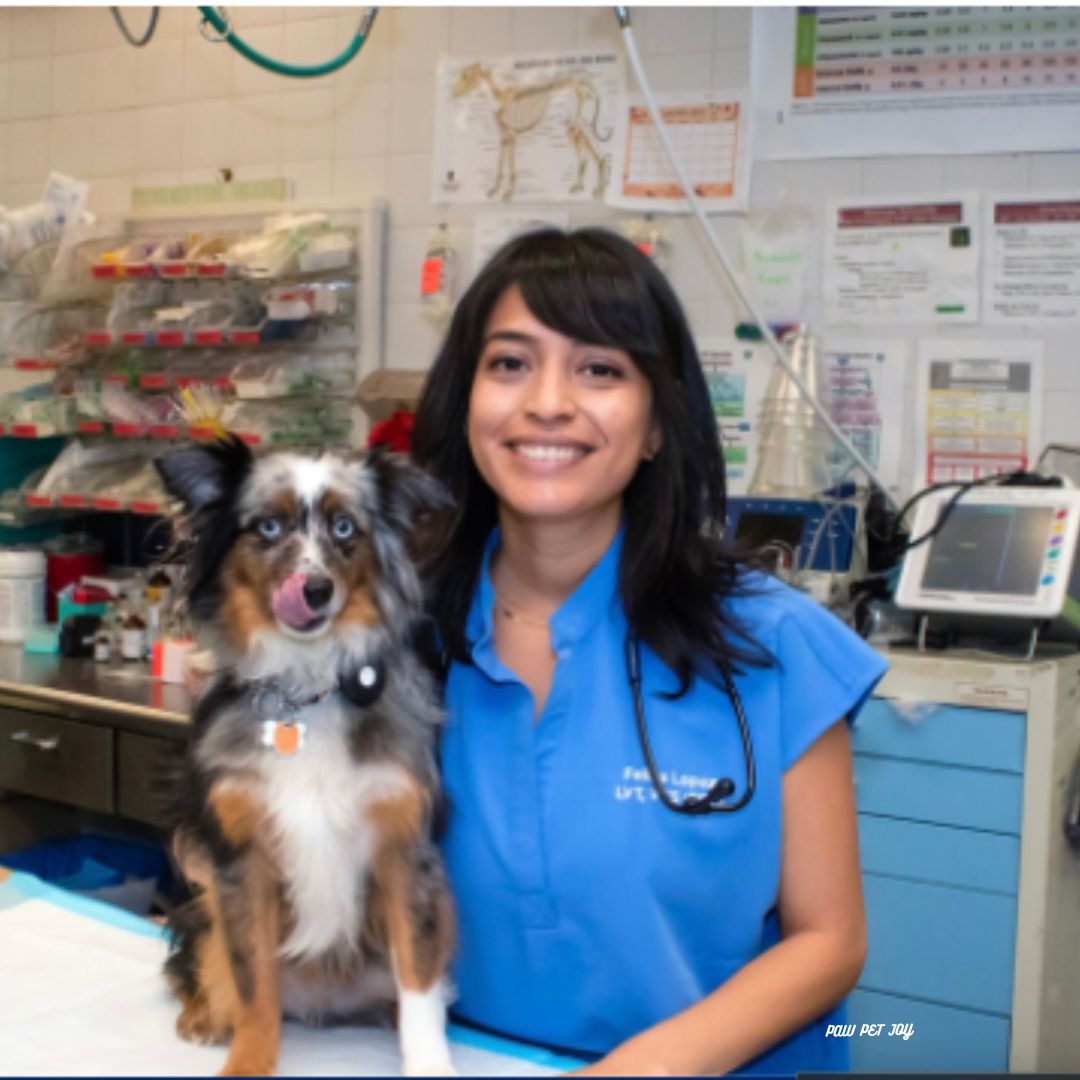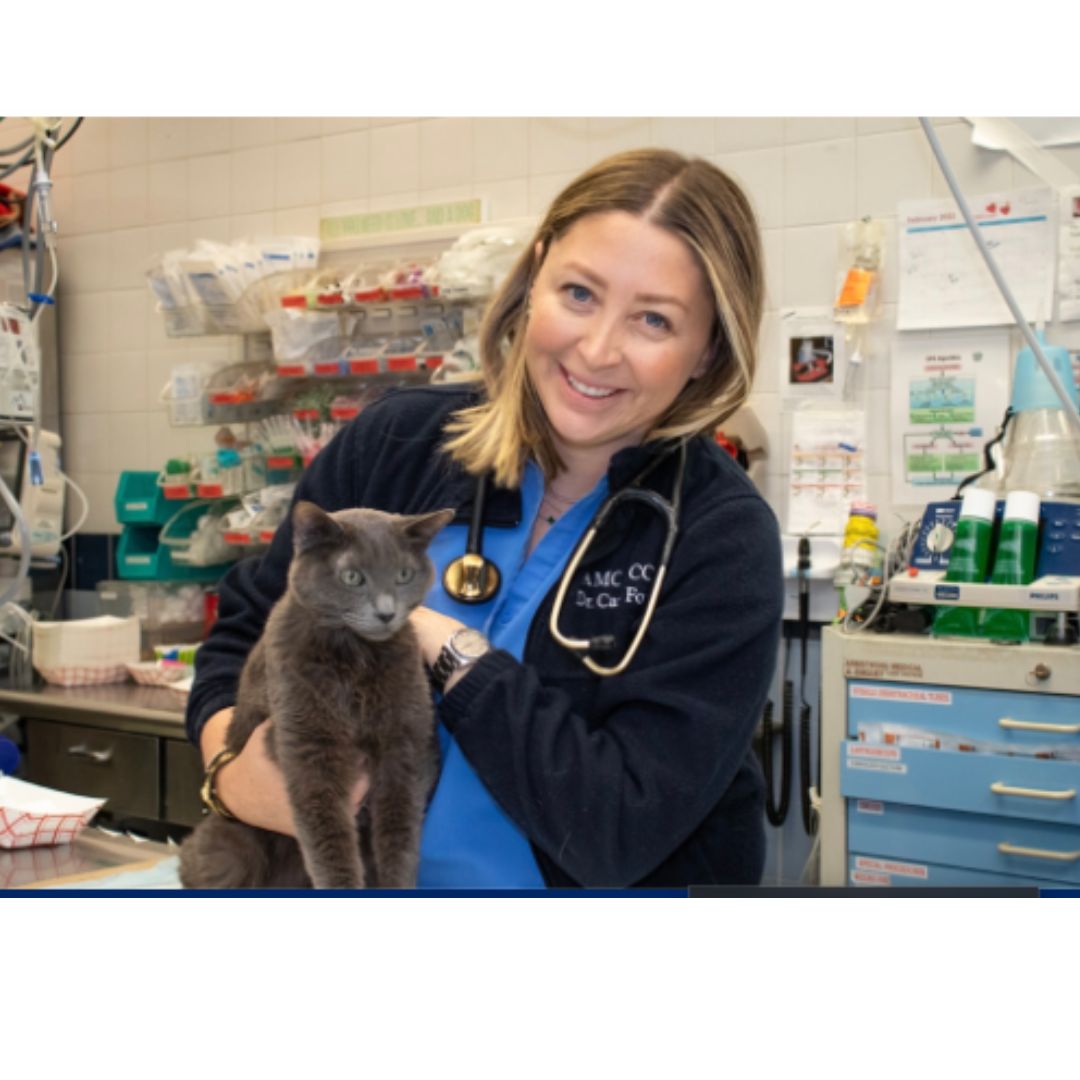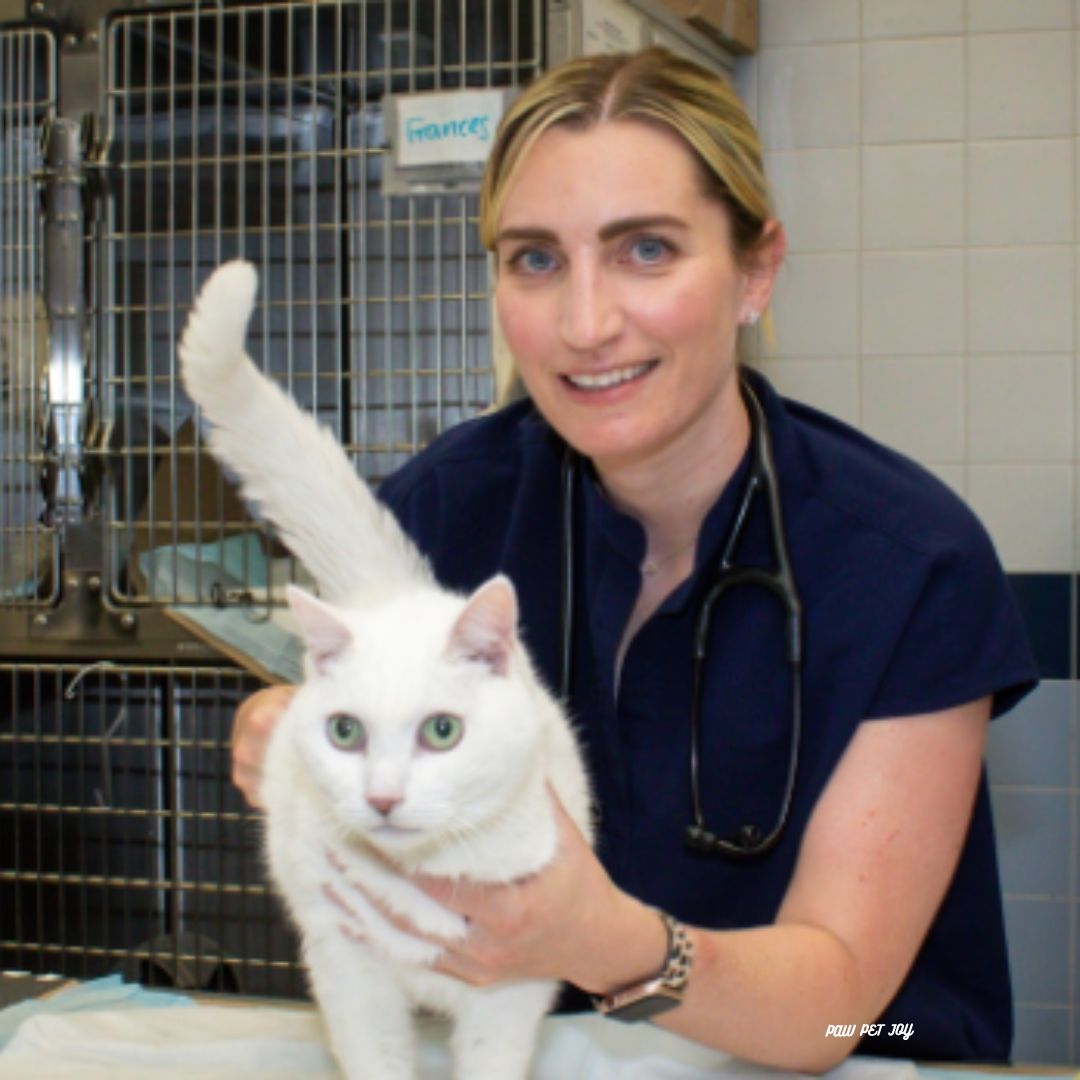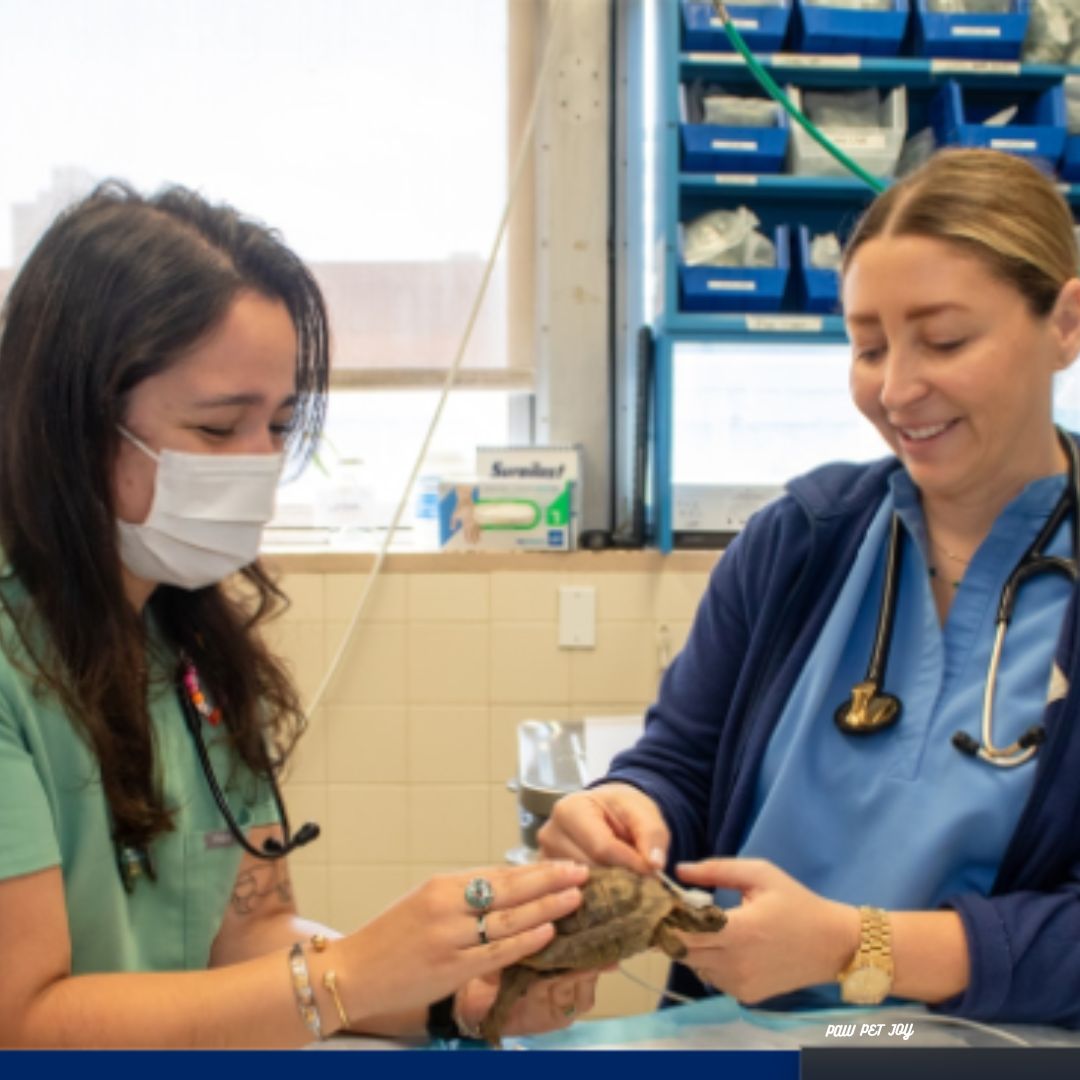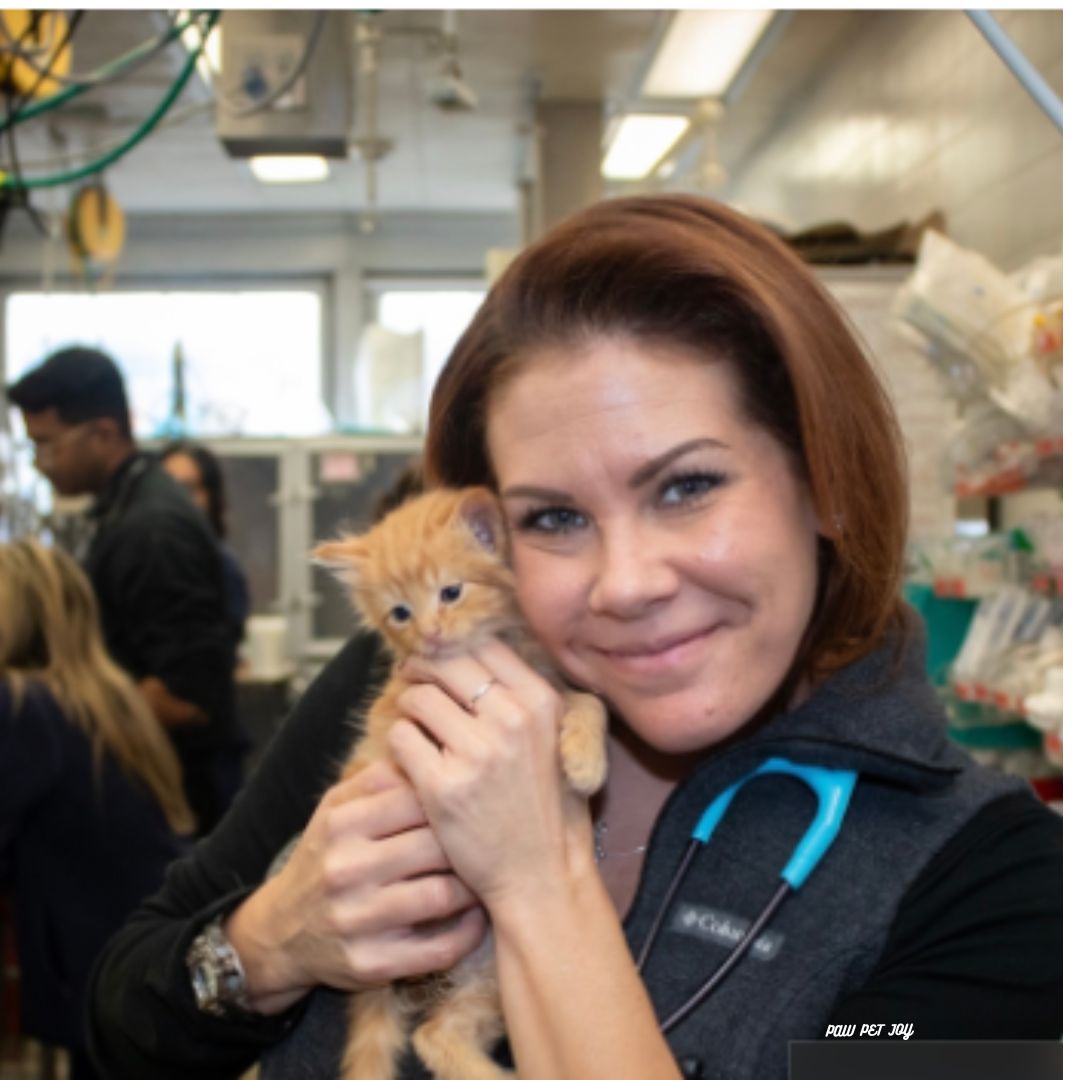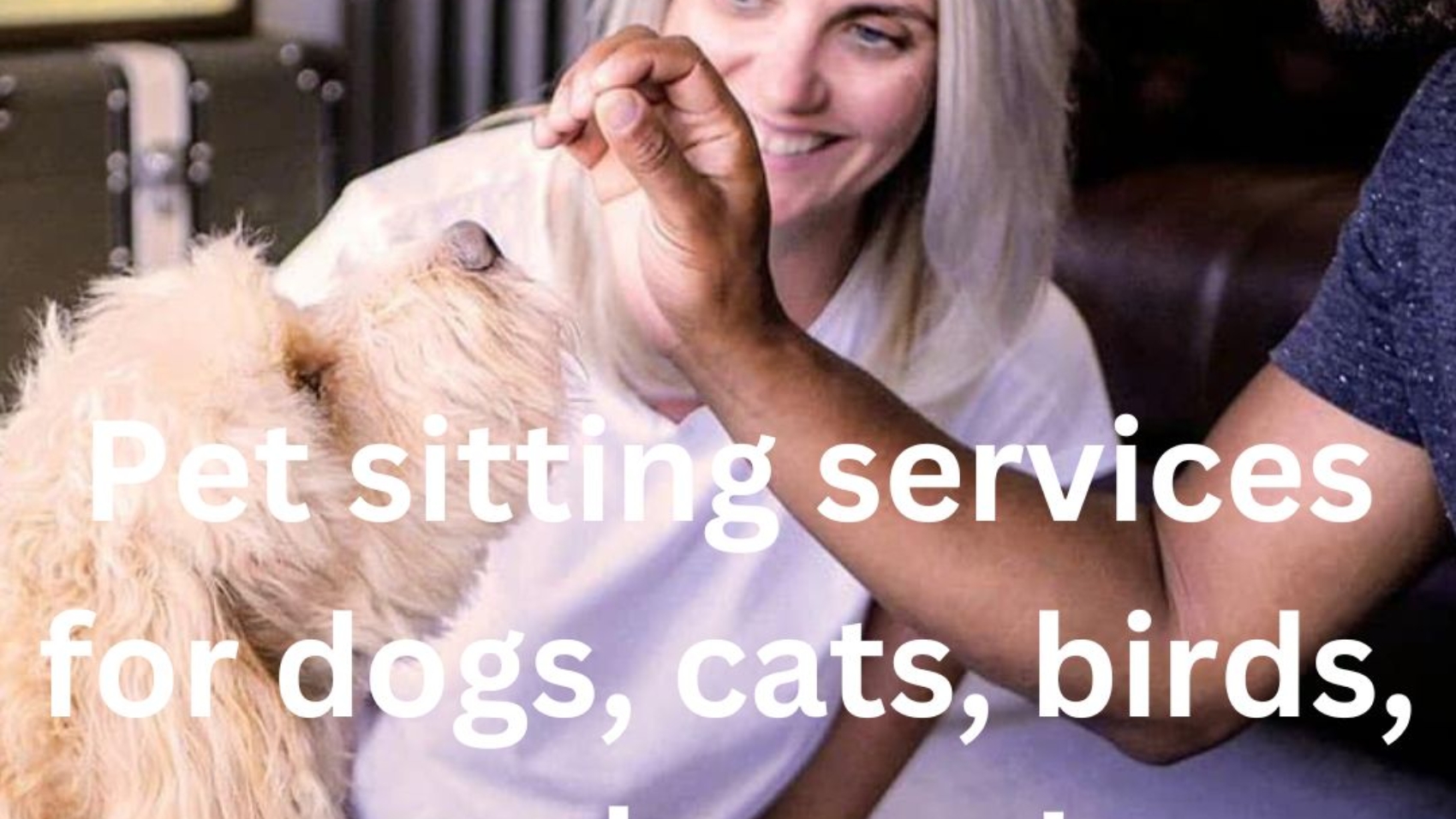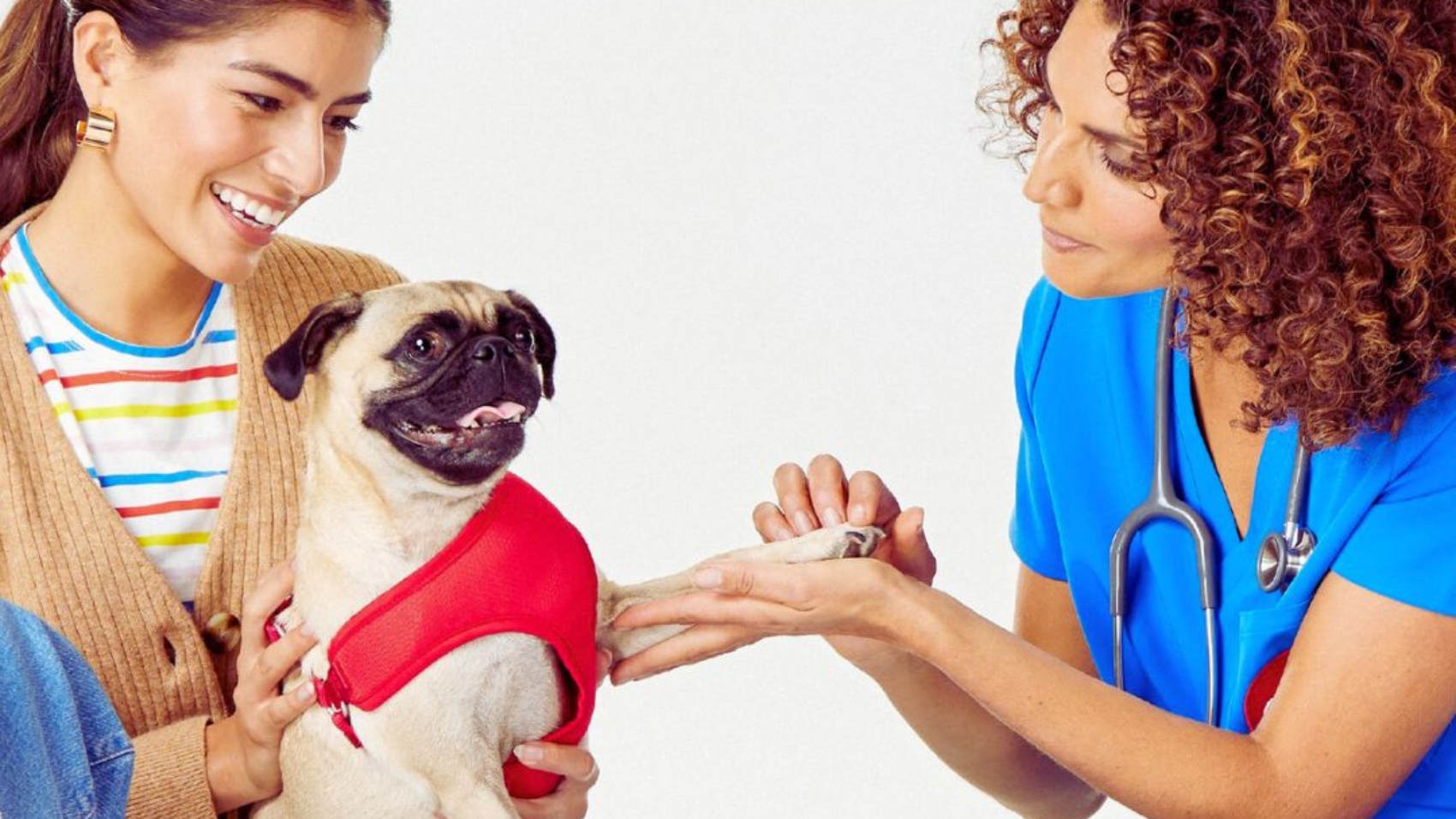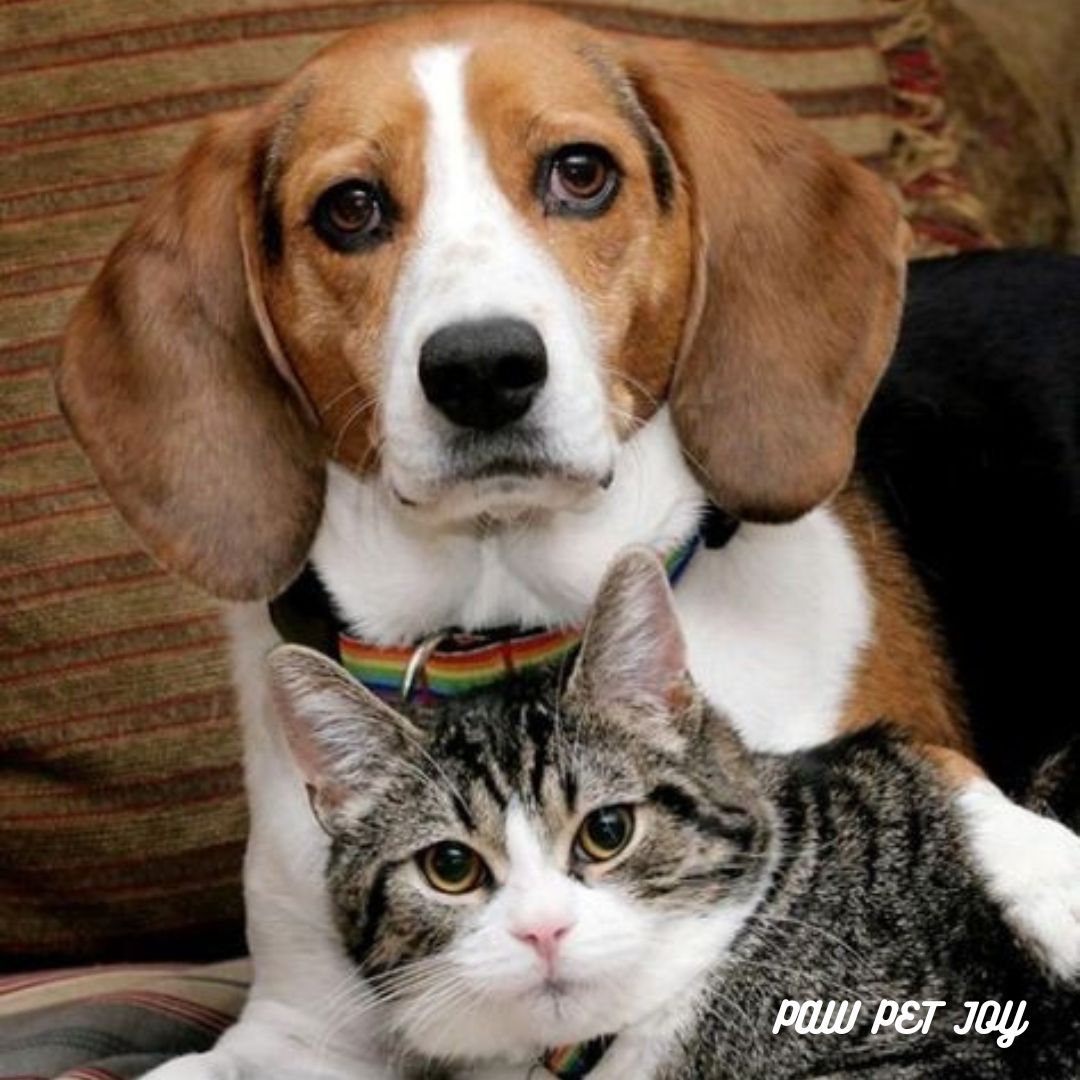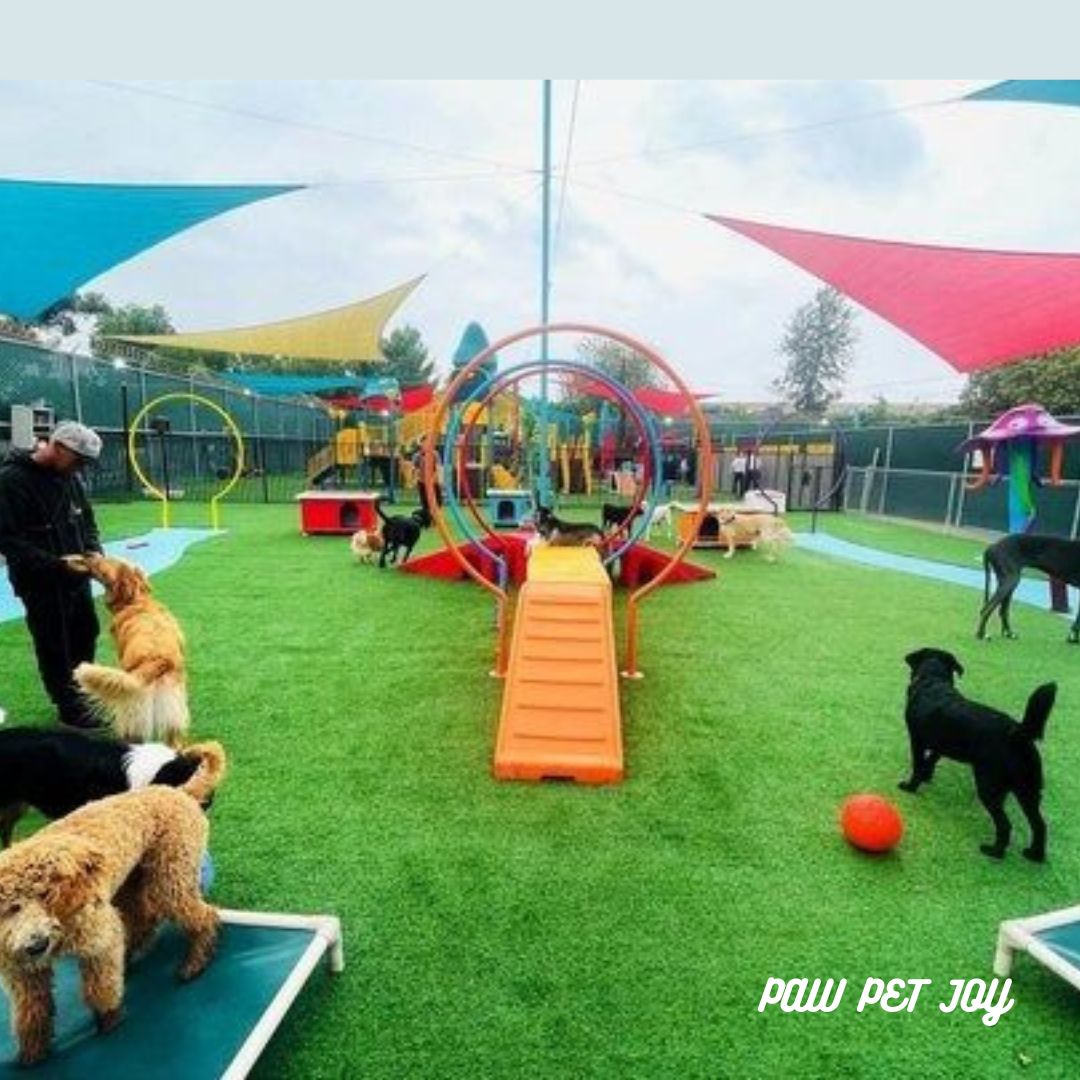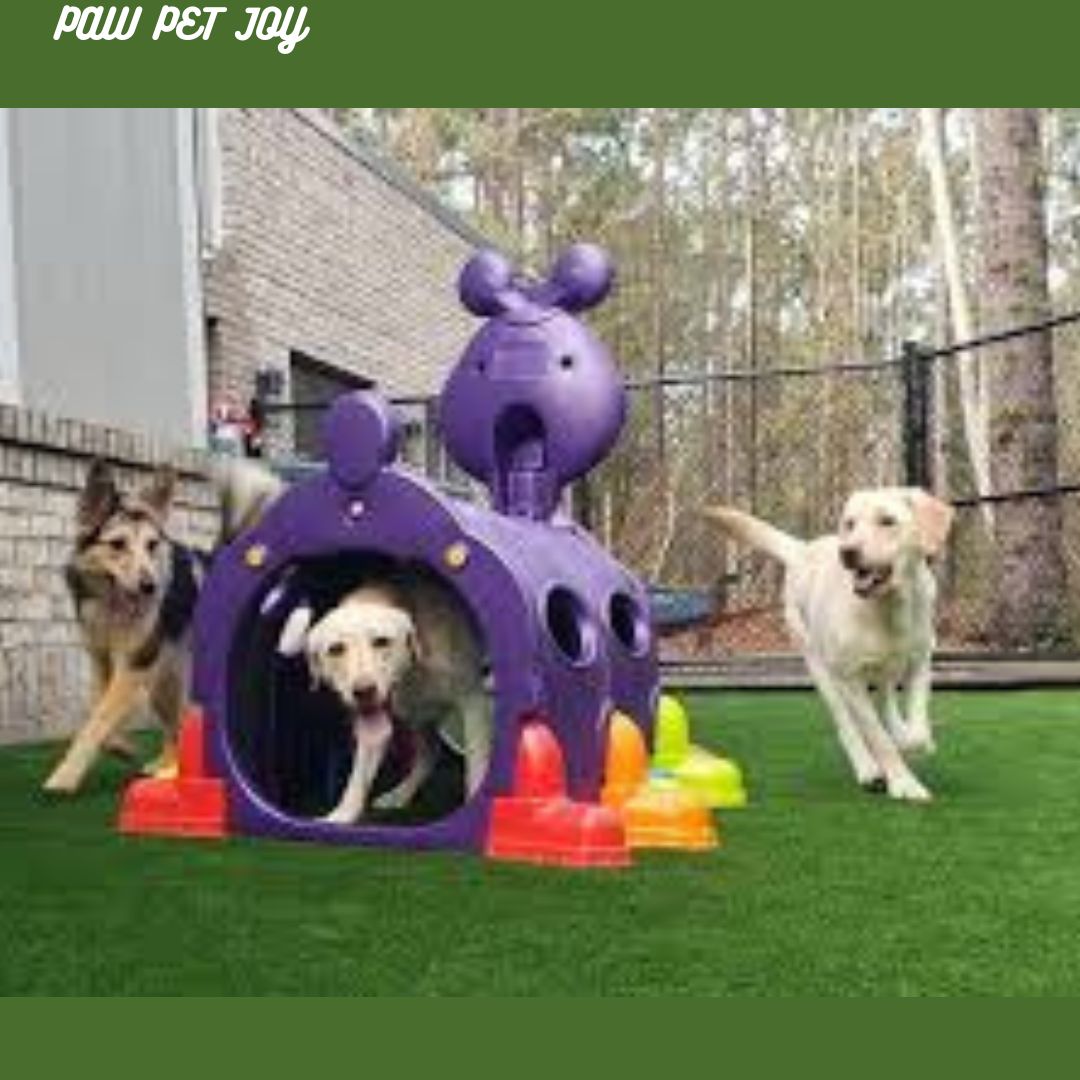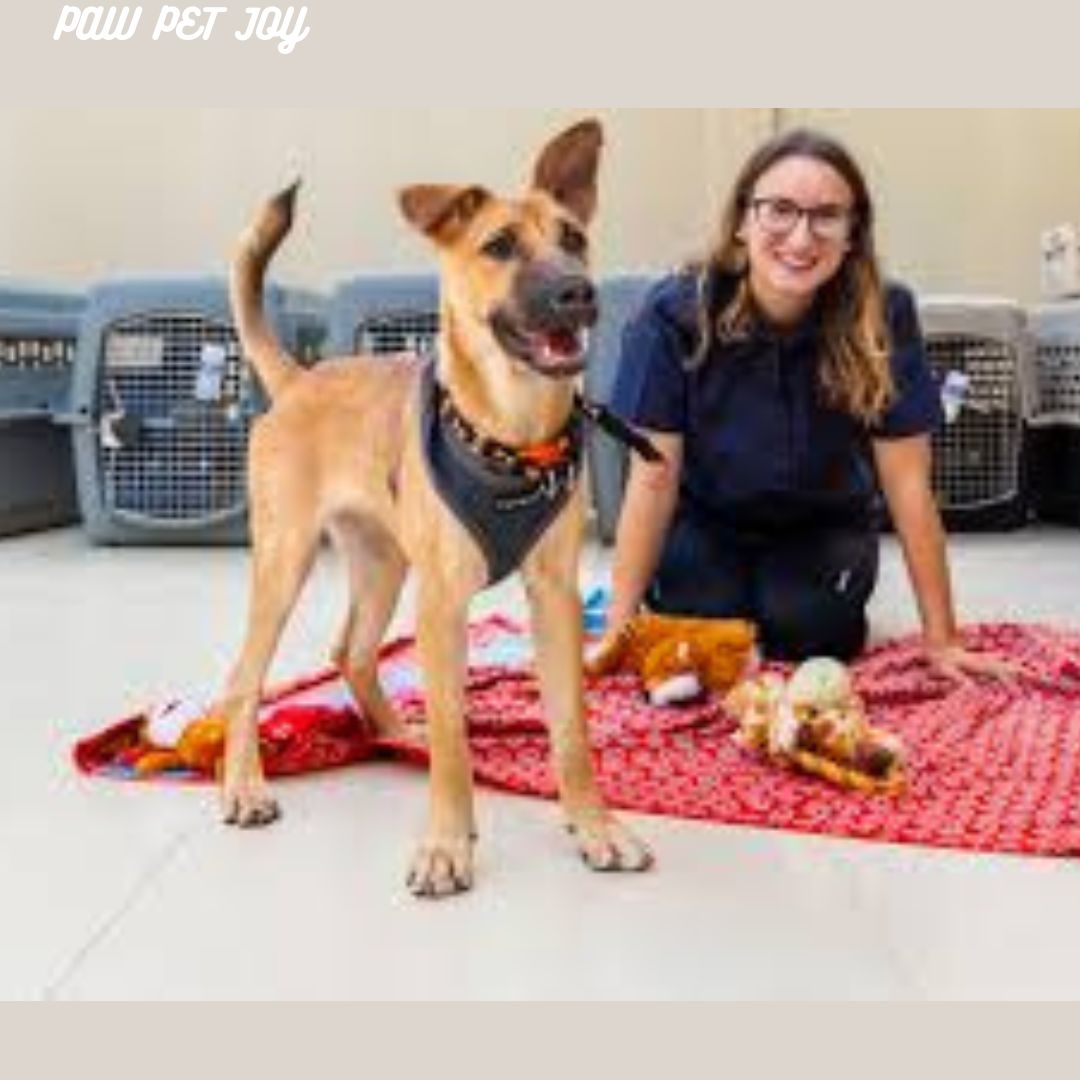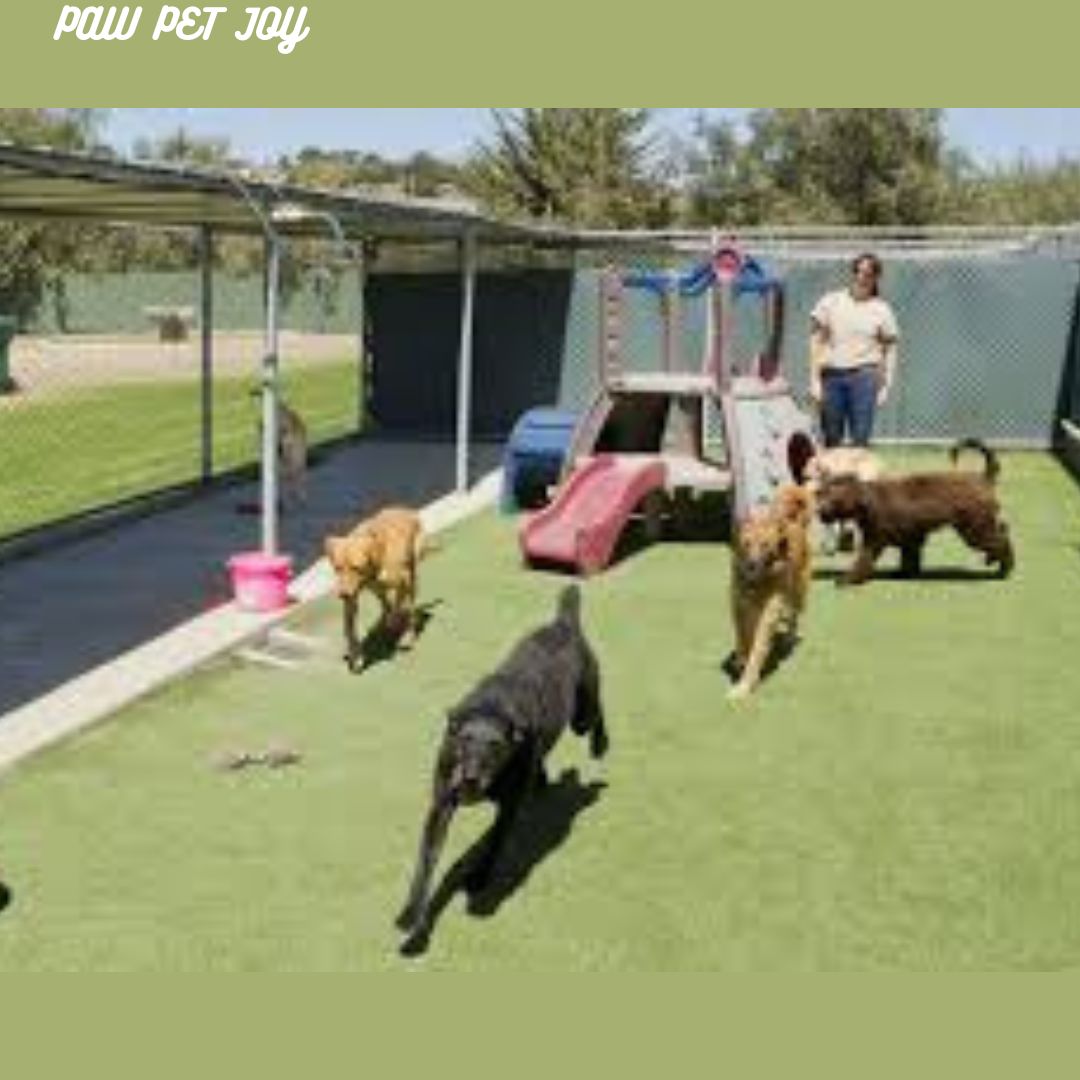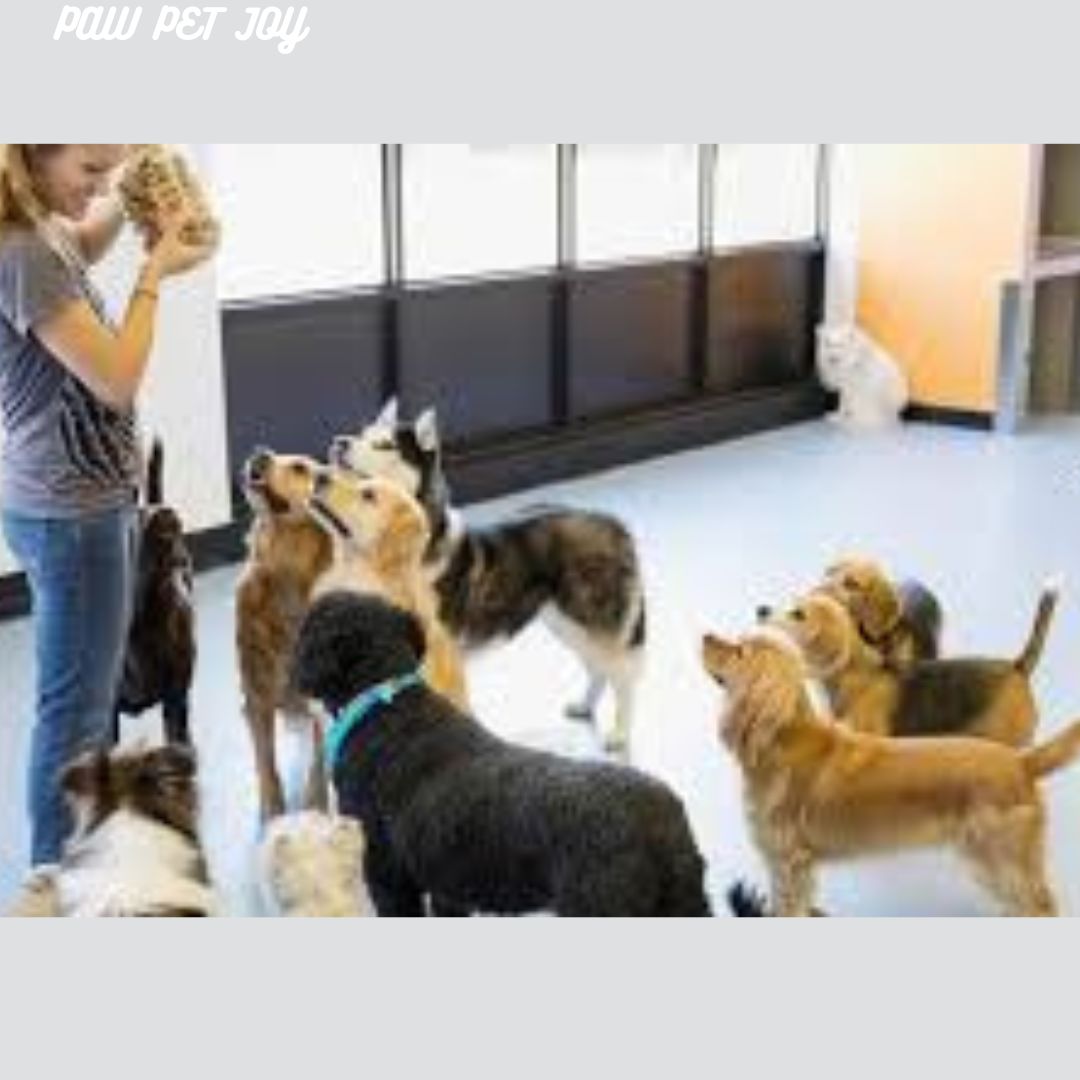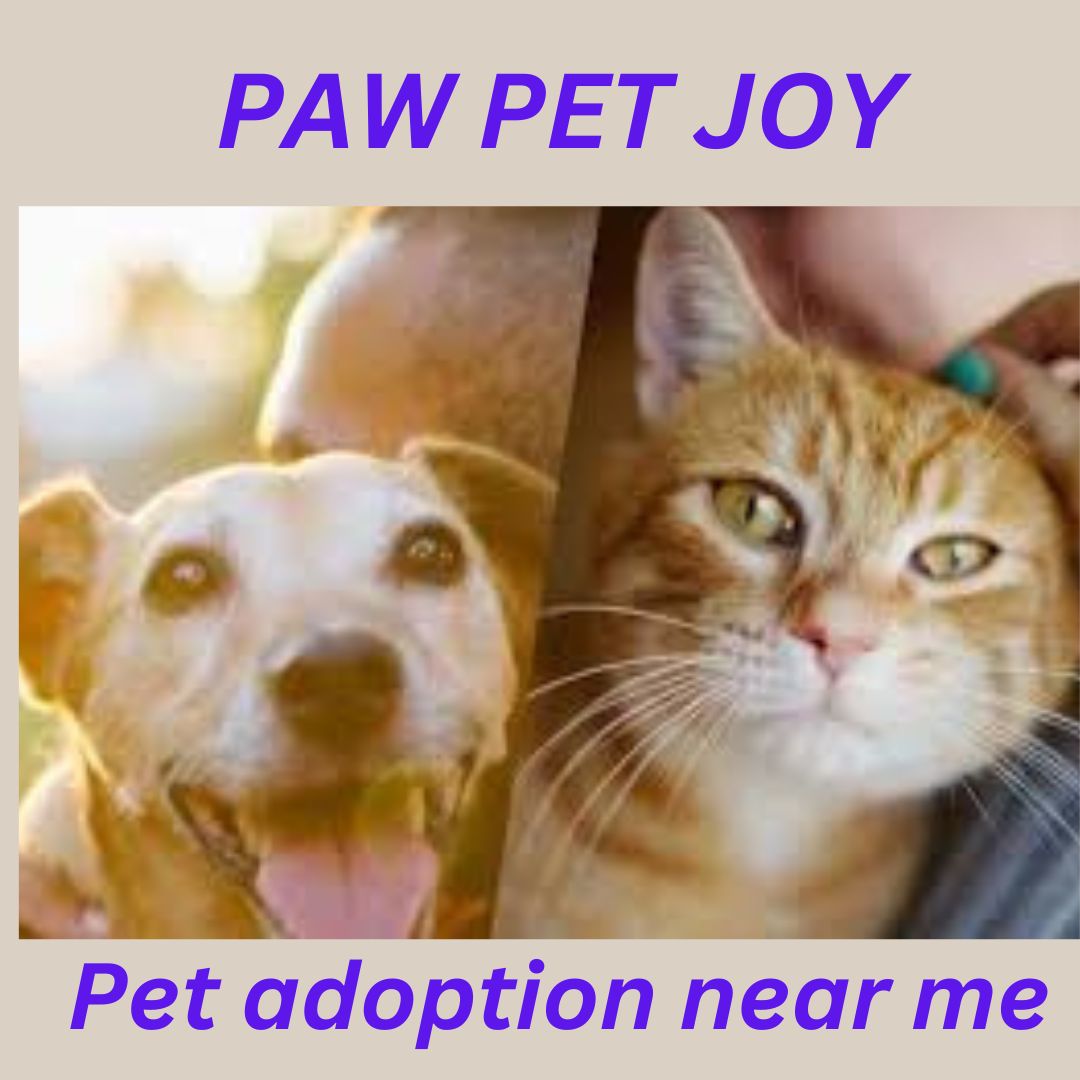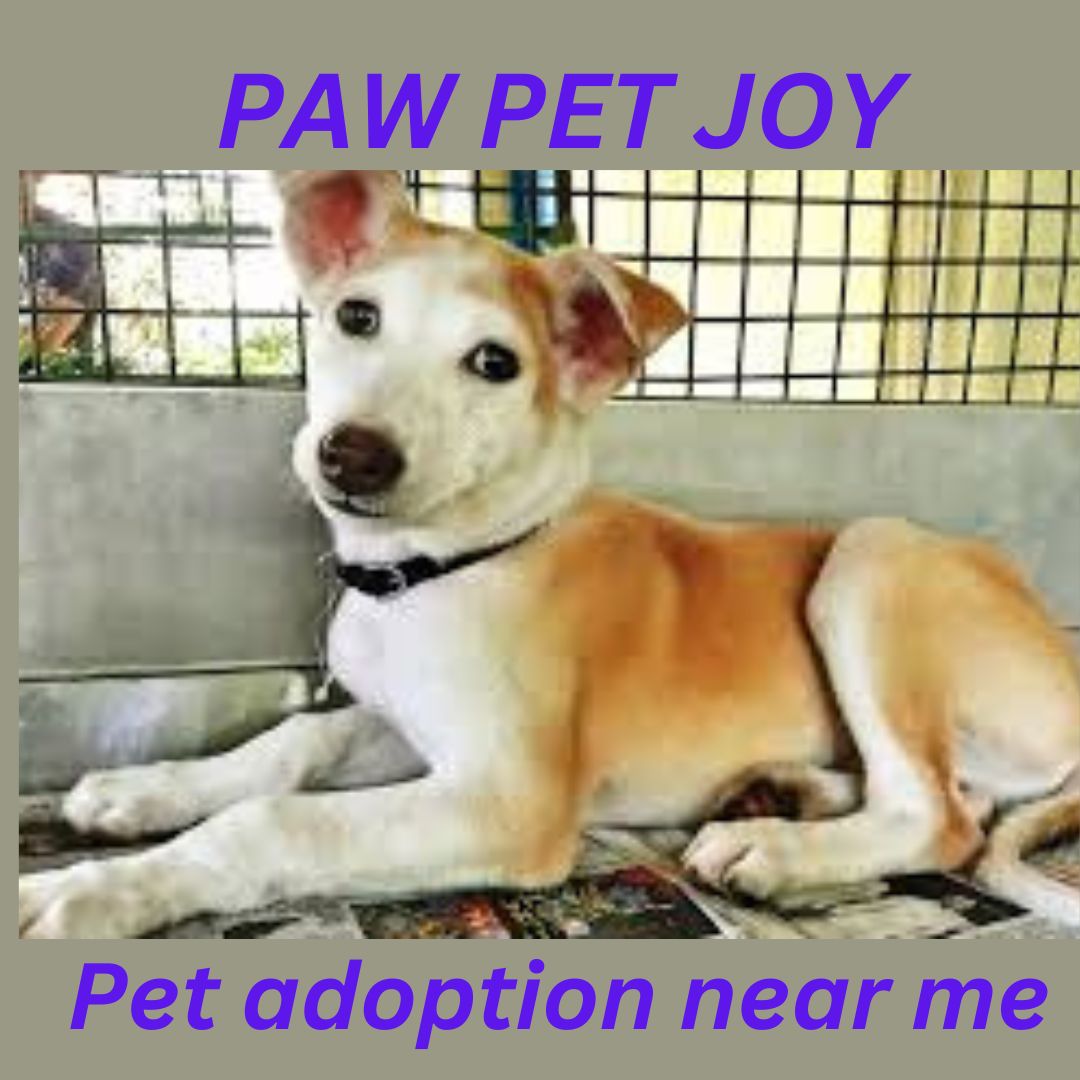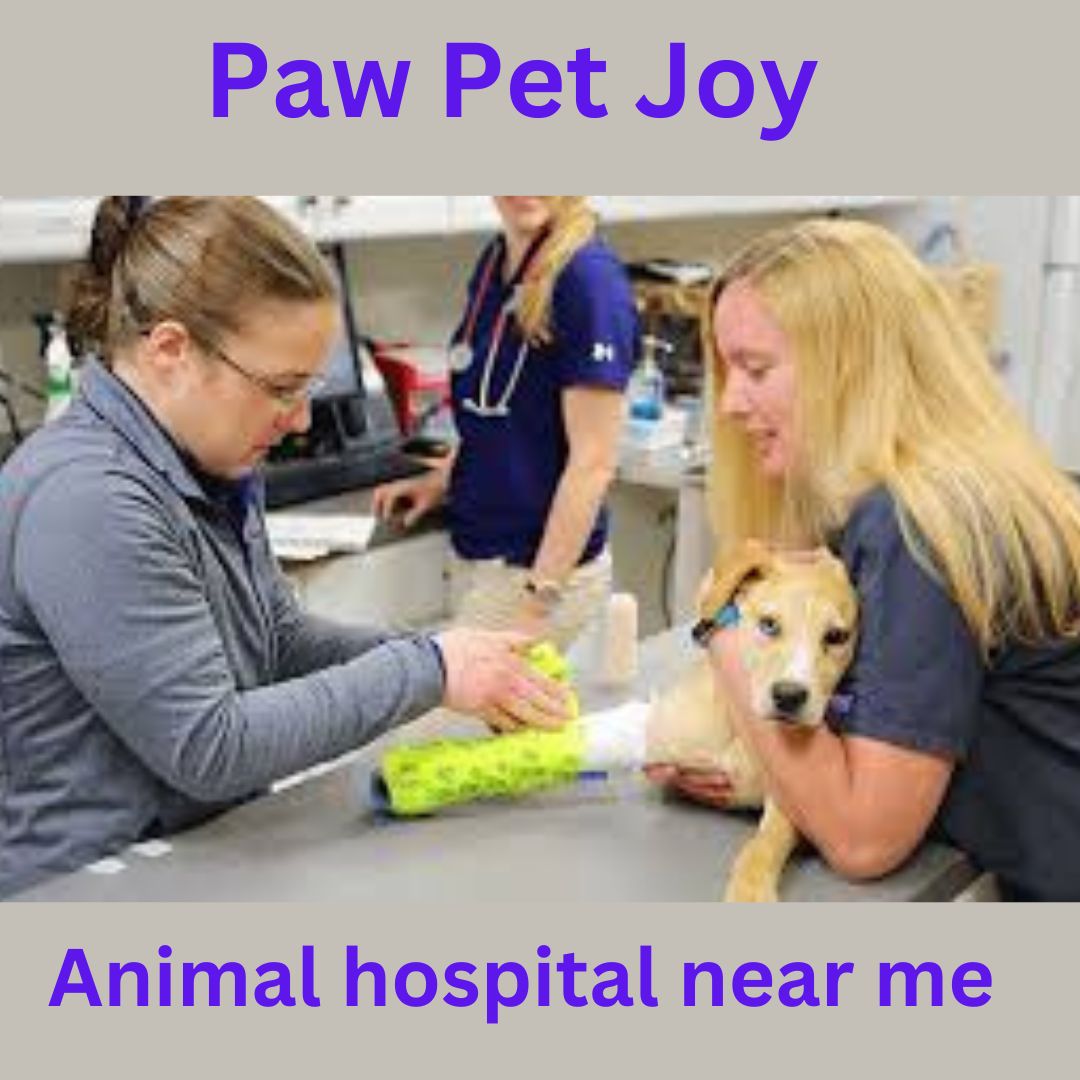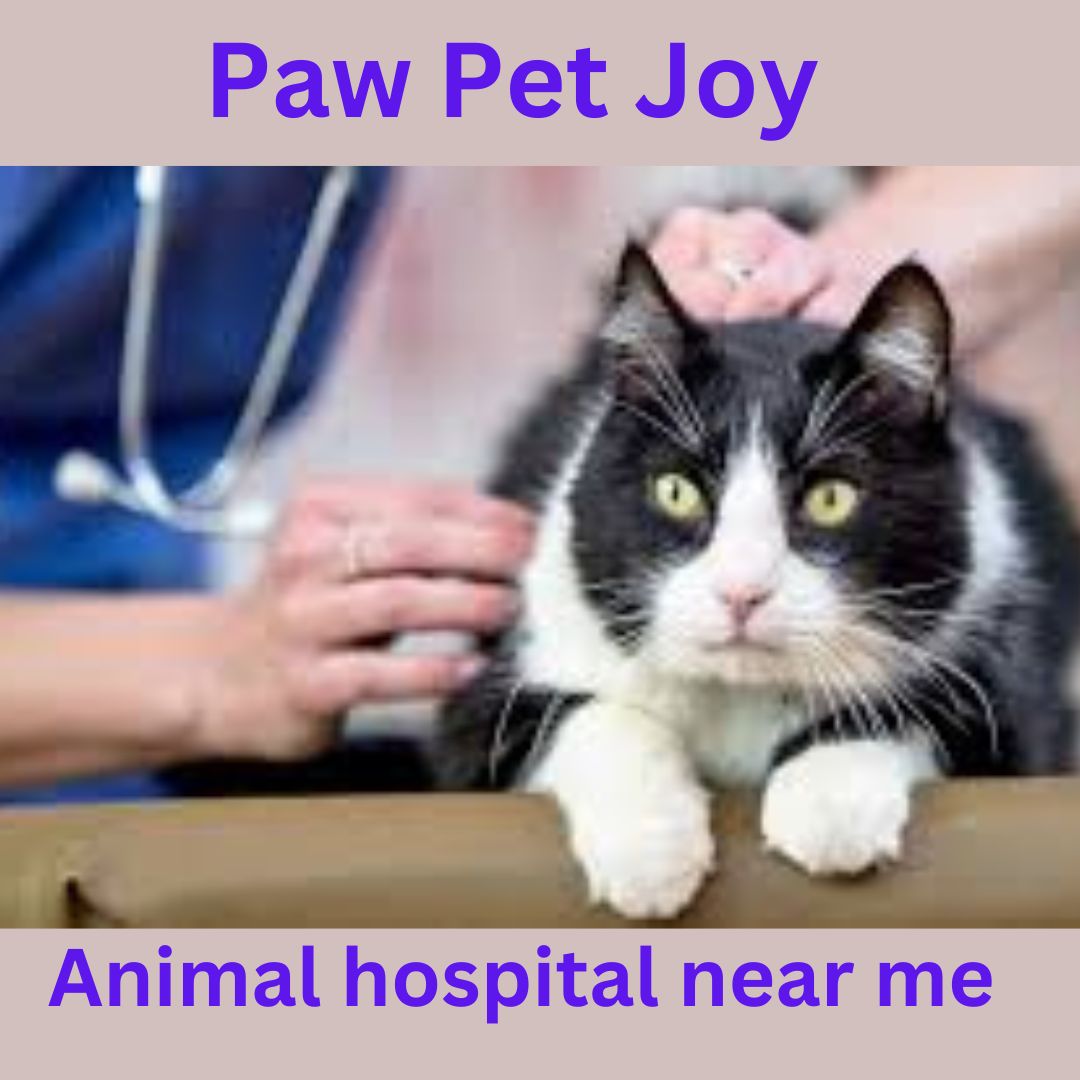Pet Surgery Cost explores the factors influencing, identifies the most expensive procedures, and offers practical advice for managing these expenses.
Pet surgery cost are sometimes necessary to ensure the health and well-being of our pet companions. While routine veterinary visits are typically manageable for most pet owners, unexpected surgeries can quickly become a financial challenge. Pet surgery cost is a significant concern for many, as some procedures can be more expensive than others.
Understanding Pet Surgery Cost
The cost of surgery for pets varies widely based on several factors. Here are some of the key determinants:
Type of Procedure Pet Surgery Cost:
The complexity and risk associated with a surgery play a major role in determining its cost. Basic surgeries like spaying or neutering are relatively inexpensive compared to orthopedic or cardiac procedures.
Size and Breed of the Pet Surgery Cost:
Larger pets often require more anesthesia and medication, which can increase the overall cost. Similarly, certain breeds with specific health conditions may need specialized care.
Location of the Clinic Pet Surgery Cost:
Veterinary care costs differ based on geographic location. Urban areas often have higher costs due to increased operational expenses.
Specialization of the Veterinarian Pet Surgery Cost:
Surgeries performed by board-certified specialists or veterinary surgeons cost more due to their advanced training and expertise.
Pre- and Post-Surgical Care:
Diagnostic tests, imaging (e.g., X-rays or MRIs), follow-up visits, and rehabilitation are additional costs that can add up significantly.
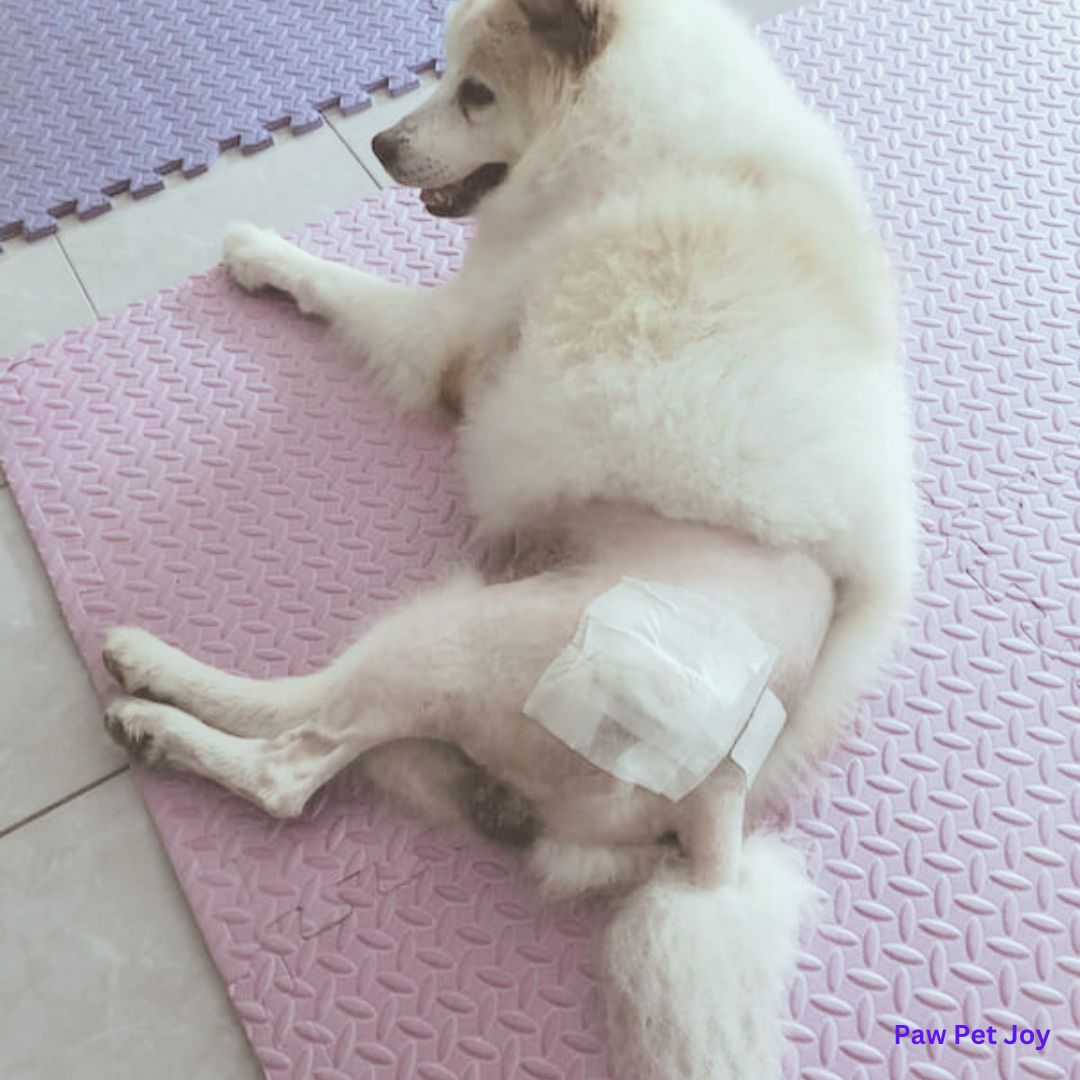
Most Expensive Pet Surgery cost
While most pet surgeries are performed to improve quality of life or address medical emergencies, some procedures are particularly costly due to their complexity or the specialized equipment required. Here are the most expensive pet surgeries:
- Orthopedic Surgeries
Estimated Cost: $3,000 to $7,000 or more
Common procedures include cruciate ligament repair (TPLO), hip dysplasia surgery, and fracture repairs.
These surgeries often require advanced imaging, implants, and extended rehabilitation, adding to the overall cost.
- Cancer Treatments and Tumor Removal
Estimated Cost: $1,500 to $10,000
Removing tumors or providing chemotherapy for pets with cancer can be expensive. Costs vary depending on the size, location, and malignancy of the tumor.
- Heart Surgery
Estimated Cost: $5,000 to $20,000
Cardiac procedures such as PDA (patent ductus arteriosus) surgery or pacemaker implantation are highly specialized and require advanced equipment and expertise.
- Spinal Surgery
Estimated Cost: $4,000 to $8,000
Surgeries for intervertebral disc disease (IVDD) or spinal injuries are intricate and demand a skilled surgeon, making them one of the pricier options.
- Gastric Dilatation-Volvulus (GDV) Surgery
Estimated Cost: $2,500 to $6,000
GDV, commonly known as bloat, is a life-threatening condition requiring immediate surgery. Emergency care and post-operative monitoring drive up costs.
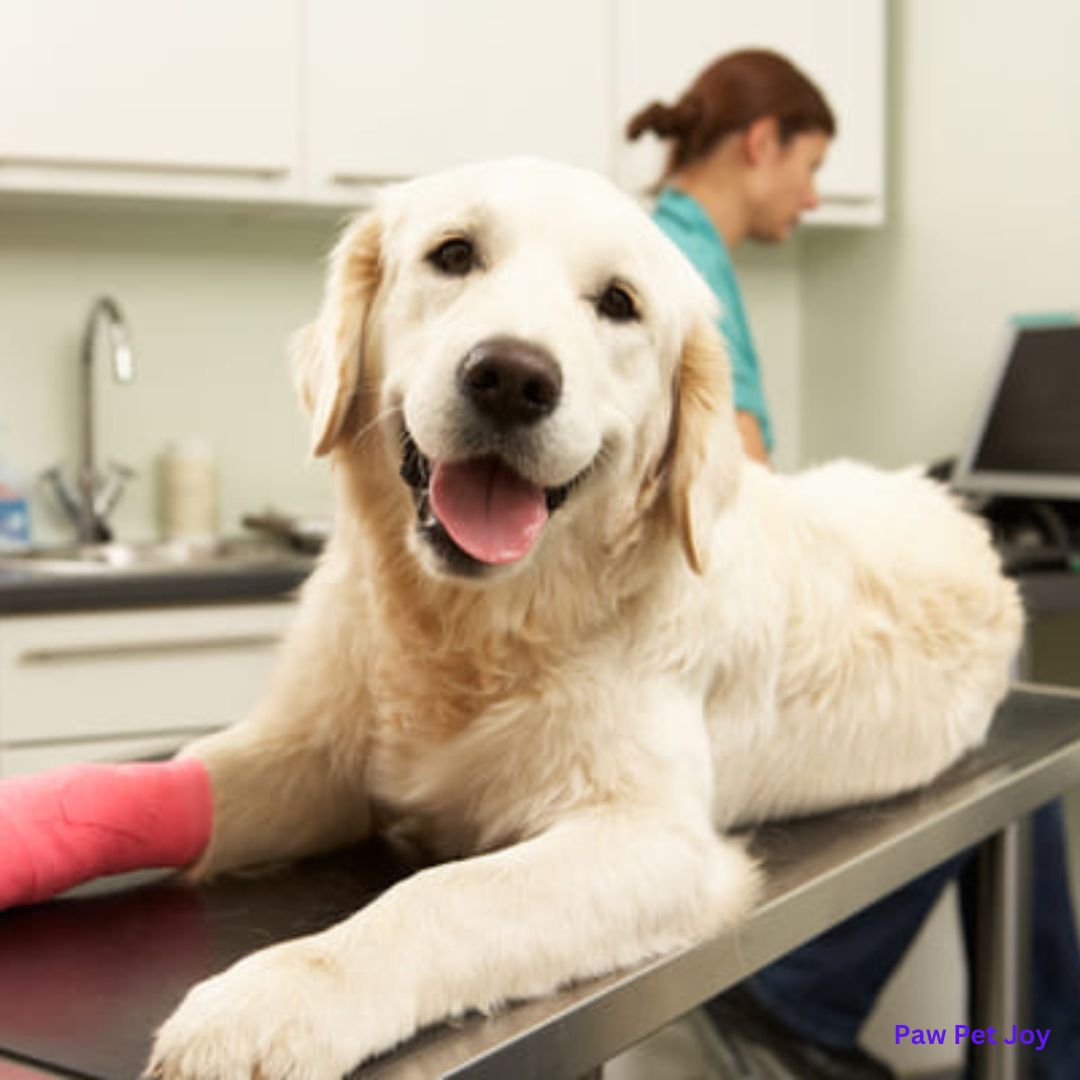
Costs of Common Veterinary Surgeries
Pets may require surgery for a variety of reasons, and the cost can vary greatly depending on the procedure. However, some types of surgery are more common than others and costs tend to fall into a standard range. Here’s an idea of what you can expect to pay for some of the most common types of Pet Surgery Cost:
- Spaying or Neutering
This type of surgery typically costs between $35 and $500.
- Oral Surgery
You can expect to pay between $150 and $600.
- Hip Dysplasia Surgery
The average cost of veterinary surgery for canine hip dysplasia is around $1,500
- Intestinal Blockage Surgery
The average veterinary surgery costs for an intestinal blockage range from $800 to $7,000.
Here’s what you should expect to pay for five common and expensive canine procedures.
- Total hip replacements
Average cost of surgery: $7,000 per hip (the implants themselves account for 35% of this cost!)
- Gastrointestinal obstruction (foreign object removal)
Average cost of surgery: $3,000 to $7,500
- Tibial Plateau Leveling Osteotomy (TPLO)
Average cost of surgery: $4,500 to $7,500
- Intervertebral Disc Disease Surgery (IVDD)
Average cost of surgery: $5,500 to $10,000
- Gastropexy
Average cost for prophylactic surgery: $1,400
Average cost for emergency surgery: $4,000 to $8,000
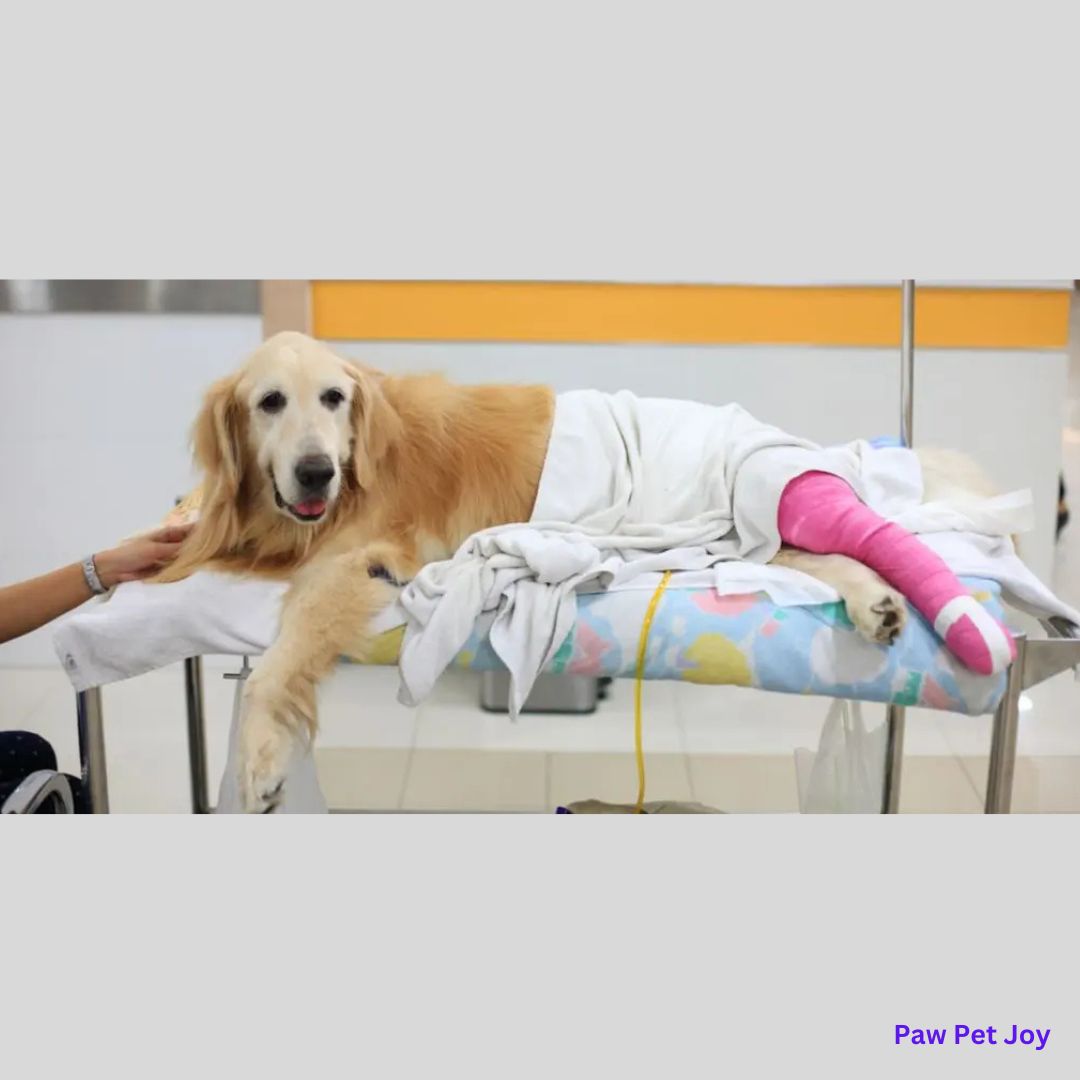
Protecting your pet surgery cost
By now, you can certainly see the value of protecting your beloved pet with adequate pet insurance. Although 53% of American households own a dog only an estimated 2% of dogs are adequately insured. With four out of five dogs experiencing at least one medical emergency during their lives, this means countless pet owners face heartbreaking decisions. Purchasing coverage while a dog is young typically means lower up-front costs and broader coverage options. Contact Animalia today to learn what covering your pet could cost and how much it could help you save.
Tips to Manage Pet Surgery Cost
Facing a high pet surgery bill can be daunting, but there are ways to prepare and manage these expenses effectively:
Invest in Pet Insurance:
Many pet insurance plans cover surgeries, making them a valuable investment for unexpected medical costs.
Set Up a Pet Emergency Fund:
Regularly saving a small amount can help you cover veterinary emergencies without financial strain.
Explore Payment Plans:
Some veterinary clinics offer payment plans to make the cost more manageable over time.
Look for Low-Cost Clinics:
Nonprofit organizations and veterinary schools often provide affordable surgical care.
Ask About Discounts or Assistance Programs:
Many clinics have financial assistance programs for pet owners in need.
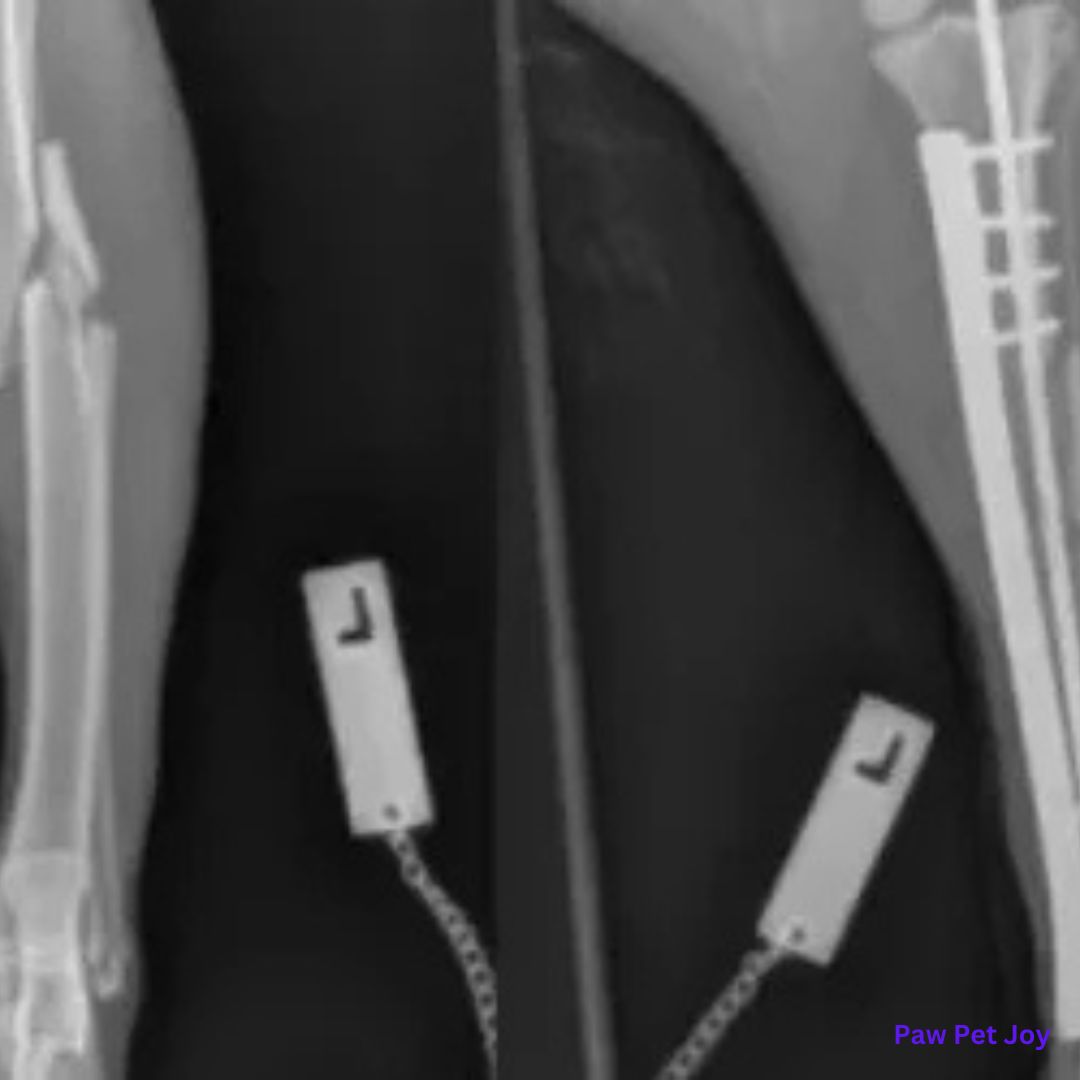
How expensive are cat surgeries?
Cat surgeries can range from relatively affordable routine procedures to highly expensive and specialized treatments. The cost of surgery for a cat depends on several factors, including the type of procedure, the complexity of the surgery, and the geographic location of the veterinary clinic. On average, cat surgeries can cost anywhere from $100 to over $10,000.
Common Cat Surgeries and Their Costs
Here’s a breakdown of some common cat surgeries and their estimated price ranges:
- Spaying or Neutering
Cost: $100 to $500
Spaying (for females) and neutering (for males) are routine surgeries that prevent reproduction and reduce the risk of certain health issues. Costs are lower at nonprofit clinics or during special campaigns.
- Dental Surgery (Tooth Extraction)
Cost: $500 to $1,500
Dental issues like infections, broken teeth, or severe gum disease often require surgical tooth extractions. Costs vary based on the number of teeth and the complexity of the procedure.
- Tumor Removal
Cost: $1,000 to $3,000 or more
If your cat develops a lump or tumor, surgical removal may be necessary. Malignant tumors may also require additional treatments like chemotherapy or radiation.
- Foreign Object Removal
Cost: $800 to $3,000
Cats sometimes swallow objects that can block their intestines, necessitating emergency surgery. The cost depends on the size and location of the obstruction.
- Orthopedic Surgery
Cost: $2,000 to $5,000 or more
Cats with broken bones or joint issues may need orthopedic surgery. These procedures are complex and often require specialized care.
- Urinary Blockage Surgery
Cost: $1,000 to $3,000
Male cats are prone to urinary blockages, which can be life-threatening. Surgery to clear or prevent blockages is a common emergency procedure.
- Emergency Surgery for Trauma
Cost: $1,500 to $10,000
If a cat experiences severe trauma (e.g., from a car accident), emergency surgeries can involve multiple procedures and prolonged hospital stays, making them very expensive.
Factors That Influence Cat Surgery Costs
Type of Surgery: Complex or emergency procedures cost significantly more than routine ones.
Pre- and Post-Surgical Care: Diagnostics like X-rays, blood tests, and medications add to the total cost.
Location: Urban clinics typically charge more than rural ones.
Specialization: Board-certified veterinary surgeons charge more due to their expertise and training.
Cat’s Condition: Older or sicker cats may require additional care, increasing costs.
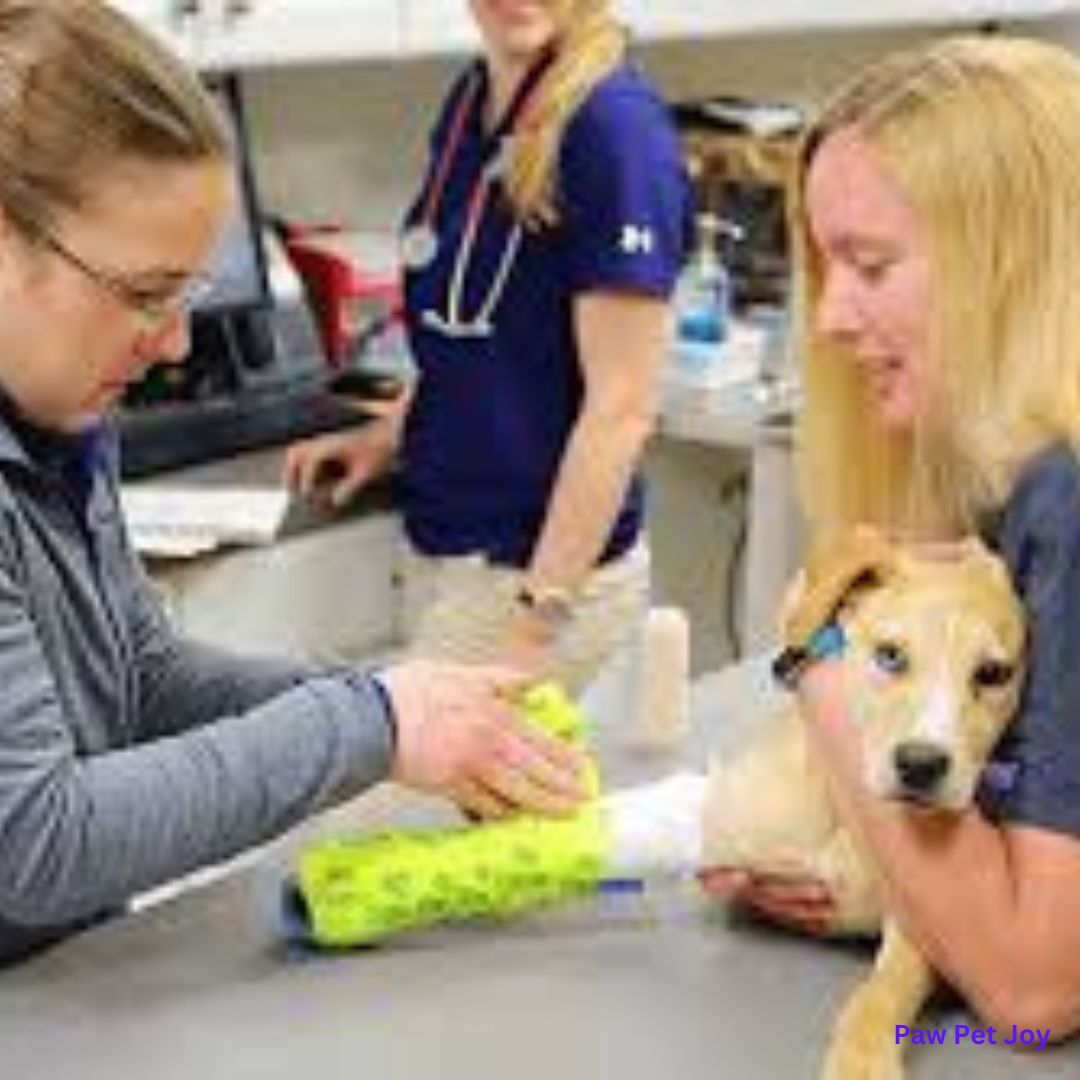
How Expensive Are Dog Surgeries?
Dog surgeries can range from affordable routine procedures to expensive specialized treatments. The costs depend on the type of surgery, the complexity of the procedure, the size of the dog, and the veterinary clinic’s location. On average, dog surgeries can cost between $100 and $15,000, with emergency or complex surgeries being the most expensive.
Common Dog Surgeries and Their Costs
Below is a list of common surgeries for dogs, along with their approximate price ranges:
- Spaying or Neutering
Cost: $100 to $500
These routine procedures are essential for population control and preventing reproductive-related health issues. Costs are lower at nonprofit clinics or spay/neuter campaigns.
- Dental Surgery (Tooth Extraction)
Cost: $500 to $2,000
Dental issues, such as infected or broken teeth, often require surgical extraction. The cost depends on the number of teeth and the complexity of the procedure.
- Foreign Object Removal
Cost: $1,000 to $3,000
Dogs often swallow objects like toys or bones, which can block their intestines. Emergency surgery to remove these items varies in cost depending on the obstruction’s location.
- Orthopedic Surgery
Cost: $3,000 to $7,000 or more
Orthopedic issues such as torn cruciate ligaments (ACL), hip dysplasia, or fractures require specialized care, making these surgeries among the most expensive.
- Cancer Treatment (Tumor Removal)
Cost: $1,500 to $10,000
The cost of removing tumors depends on their size, location, and whether additional treatments like chemotherapy or radiation are necessary.
- Gastric Dilatation-Volvulus (GDV) Surgery
Cost: $2,500 to $6,000
Commonly referred to as bloat, GDV is a life-threatening condition that requires immediate surgery. The procedure is costly due to its emergency nature and intensive post-operative care.
- Heart Surgery
Cost: $5,000 to $20,000
Procedures like repairing congenital heart defects or placing a pacemaker are highly specialized and involve advanced equipment and expertise.
- Emergency Trauma Surgery
Cost: $1,500 to $15,000
For dogs involved in severe accidents, such as being hit by a car, surgeries can involve multiple procedures and prolonged recovery, driving up costs.
FAQs about Pet Surgery Cost
- Why are some pet surgeries so expensive?
Pet surgeries often involve specialized equipment, skilled veterinary surgeons, and additional diagnostic and post-operative care, all of which contribute to the cost.
- Does pet insurance cover surgery costs?
Yes, most pet insurance policies cover a significant portion of surgical expenses, but the extent of coverage depends on the specific plan and conditions.
- Are there alternatives to expensive surgeries?
Depending on the condition, there may be non-surgical treatments or less invasive procedures. Consult your veterinarian for options.
- How can I prepare for unexpected pet surgery costs?
Investing in pet insurance, setting up a savings fund, and exploring payment plans are effective ways to prepare for emergency expenses.
- What is the most affordable surgery for pets?
Routine procedures like spaying or neutering are typically the least expensive, costing between $100 and $500 depending on location and clinic.
Key Points to Remember Pet Surgery Cost
- Orthopedic and cardiac surgeries are among the most expensive procedures for pets, often costing thousands of dollars.
- Pet insurance and savings funds can help mitigate financial stress during emergencies.
- Costs vary significantly based on the pet’s size, breed, and the clinic’s location.
- Pre- and post-operative care adds to the total expense but is critical for successful recovery.
- Early diagnosis and preventive care can help reduce the likelihood of expensive surgical interventions.
Conclusion
Understanding pet surgery costs and the factors influencing them is essential for all pet owners. While some procedures are relatively affordable, others, like orthopedic or heart surgeries, can be incredibly expensive. By being proactive with pet insurance, savings, and exploring financial assistance options, you can ensure your pet companion receives the care they need without overwhelming financial stress. Remember, the health and happiness of your pet are worth every effort!
